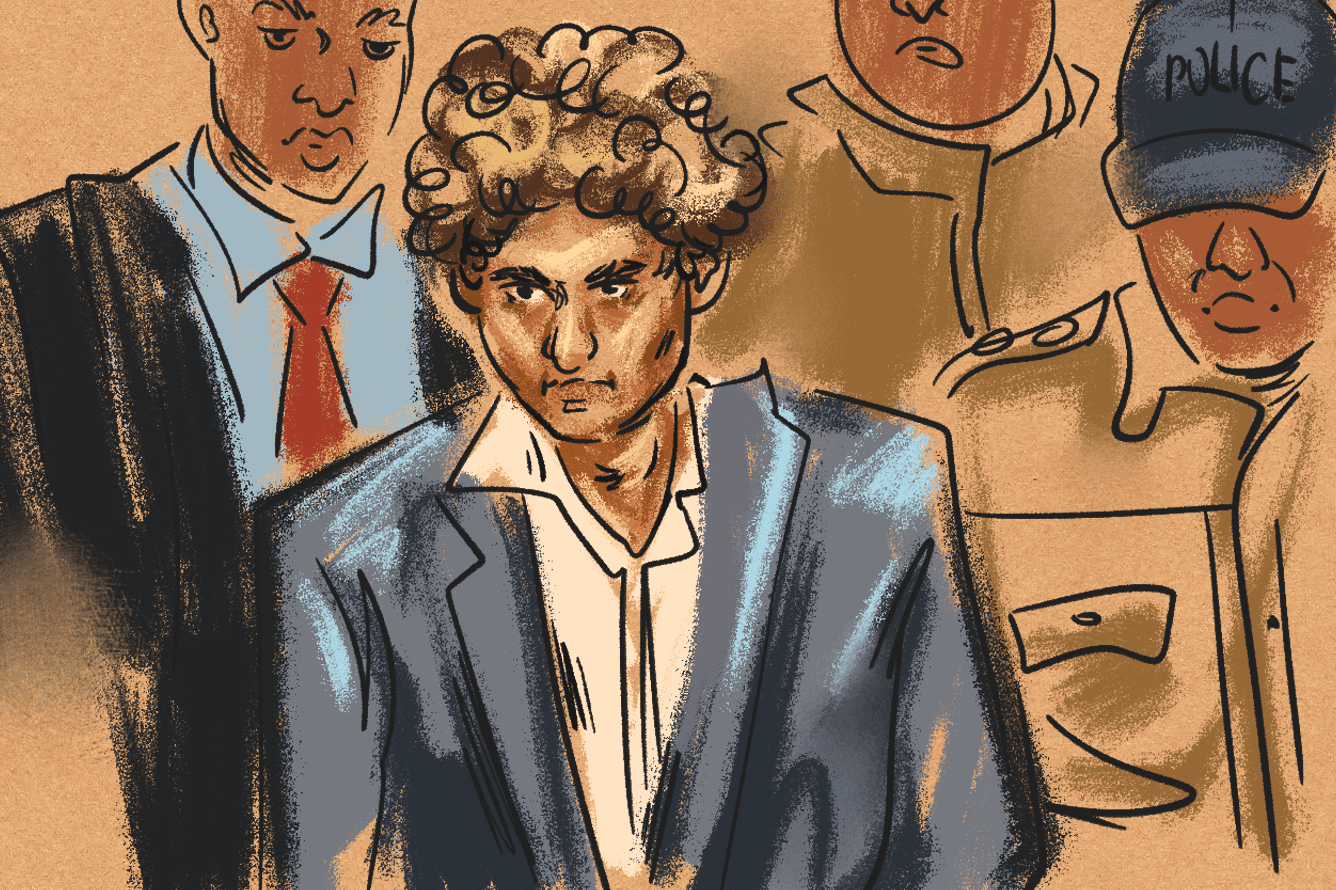
Sam Bankman-Fried is accused of seven counts of conspiracy and fraud relating to the FTX collapse last year, including stealing customers' funds and lying to investors and lenders. Only two counts are ‘substantive’, meaning that the prosecution must prove that Bankman-Fried committed them. The remaining charges are ‘conspiracy’ allegations and the prosecution has to convince a jury that the defendant planned to commit the crimes.
One of the initial eight charges faced, that of making unlawful campaign contributions, was dropped due to an agreement with the Bahamas, from where Bankman-Fried was extradited. Another five counts, including bank fraud and bribing Chinese officials, which federal prosecutors brought after the extradition, were postponed until a second trial in March 2024.
Bankman-Fried has pleaded not guilty to all charges.
Currently Bankman-Fried is being held in the Metropolitan Detention Center in Brooklyn, which according to his lawyers, does not accommodate his diet and fails to regularly provide his prescription Adderall. In August, Judge Lewis Kaplan revoked Bankman-Fried’s bail and remanded him to the facility as he allegedly attempted to intimidate potential witnesses, including his ex-girlfriend and former Alameda Research CEO, Caroline Ellison.
All three of the former FTX CEO’s motions for release were declined due to a high flight risk connected to the severity of the charges and the length of the potential sentence. However, the judge allowed him to arrive early at the courthouse on certain days to confer with his lawyers, and he was allowed to wear a suit and use an "air-gapped" laptop while in court "solely in order to take notes.”
The Department of Justice has stated that it will call up several witnesses (allegedly over 50 individuals) for the trial, including former FTX clients, investors and staff. Among the cooperating witnesses expected to appear are co-founder Gary Wang and Caroline Ellison, who earlier pleaded guilty.
It is possible that the defence will try to depict Bankman-Fried as an easily influenced, immature person, and thus shift the responsibility to those who pleaded guilty. They might also blame the lack of clarity in rules governing crypto and refer to other major players doing roughly the same things as FTX did. Furthermore, Bankman-Fried’s attorneys could rely on an 'advice of counsel' defence, which allows the defendant to admit that he did the things he has been charged with, but that he had been led to believe — by legal counsel — that he was acting within the law in good faith.
The prosecutor has tried to find out the details of the defence and thereupon to prevent the defendant “from unduly focusing on the fact of attorneys’ involvement” in such matters or “suggesting that attorneys blessed, for instance, the loans, bank documents, or message deletions.” An October 1 court ruling ahead of the trial barred Bankman-Fried from referring to the involvement of attorneys in his opening statement and from offering any argument on those subjects without prior notice to the Court outside of the presence of the jury.
Bankman-Fried is also expected to argue that FTX's Terms of Service did not prohibit the use of customer funds for its own purposes, as long as it allowed users to withdraw their money, according to Reuters.
The criminal trial is scheduled to run from October 4th to November 9th. Bankman-Fried might face more than 100 years in prison if convicted on all charges, but this won’t, of course, help users to recoup their stolen funds.

